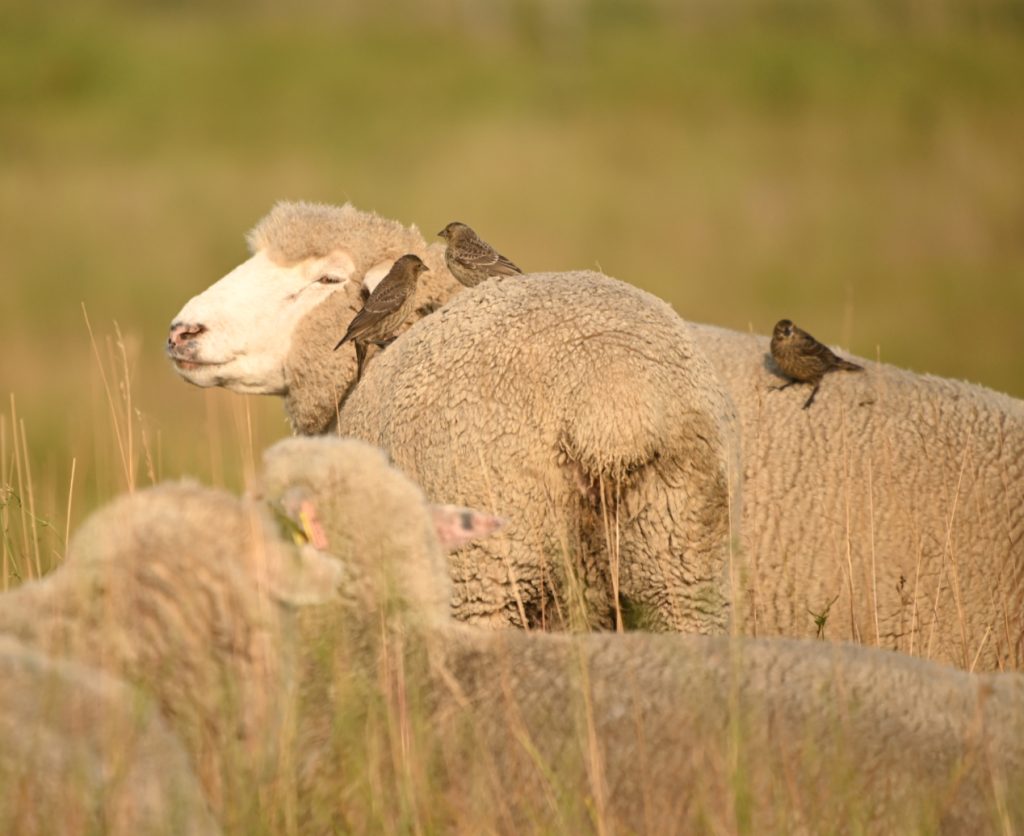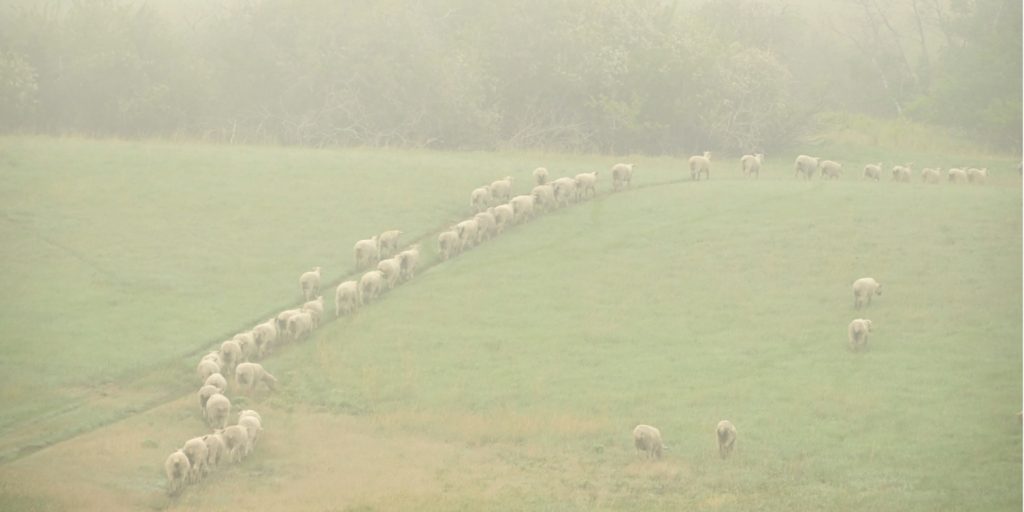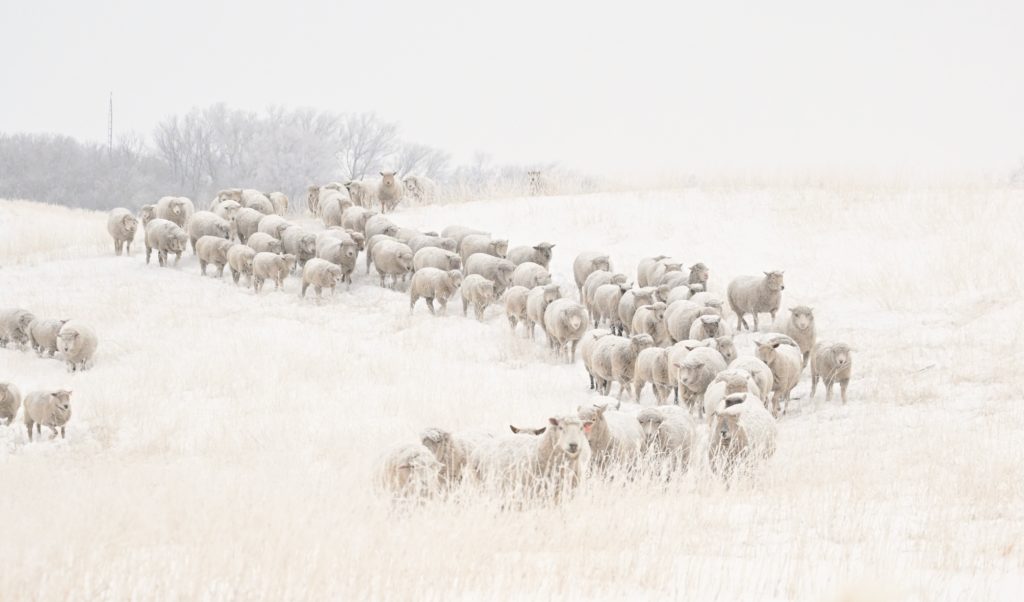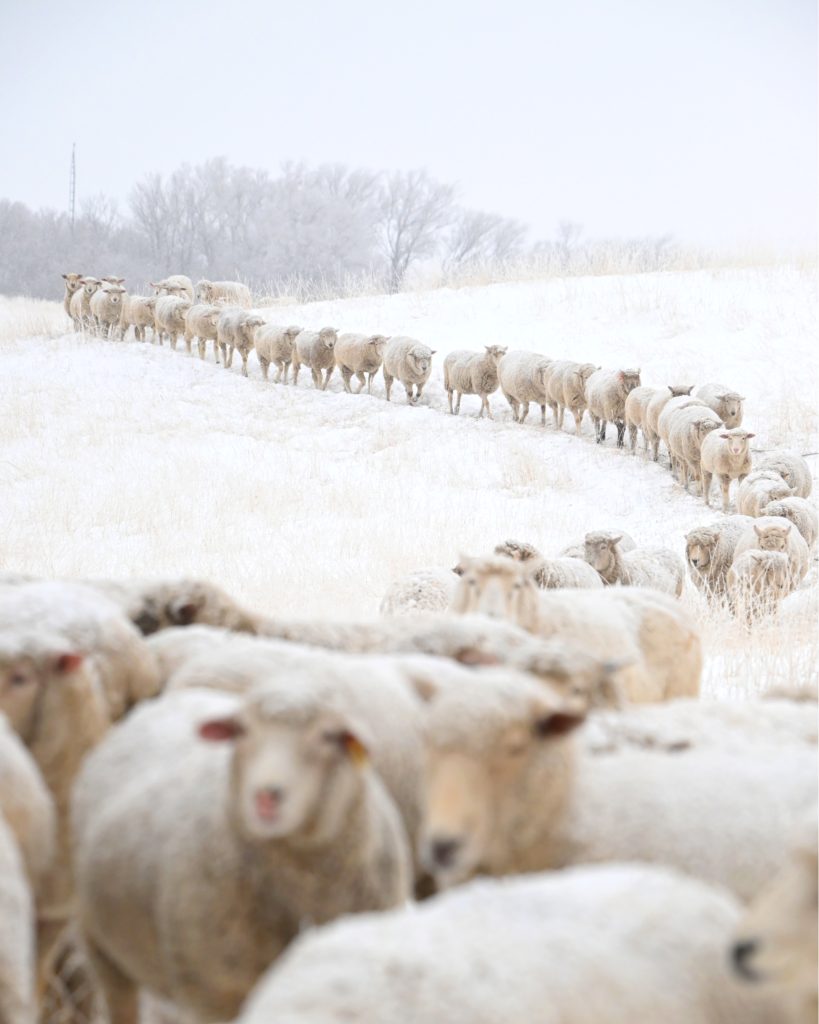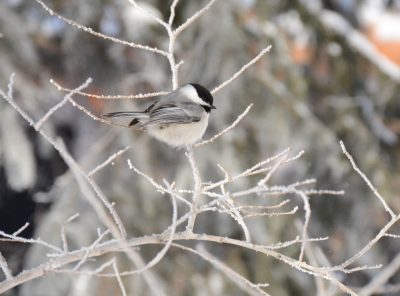Pastoral Tasks
Moving the flock is one of those tasks that has me feeling slightly annoyed knowing I have to do it but as soon as the Kelpies and I are underway, feeling glad that I get too. There is a feeling of assurance and rightness in doing one of the oldest pastoral tasks there is. The smooth flock moves are golden of course. Yet even the rough flock moves where things go awry leave their pastoral stamp upon the soul.
Last night’s plan was to night pen the ewes and release them to a new pasture in the morning. It wasn’t a long move but what I didn’t take into account was how frisky the ewes were feeling on account of cooler weather after several days of intense heat. I let my assumption of an easy move with a flock I know blind me to the real mood of the ewes. The move was soured when we lost our sheep. My frustration got the better of me and I wrongfully chastised the stock dog who was helping me. He had no clue what his misstep had been – he hadn’t made one at that point.
In the grand scheme of things a move gone awry is trivial. We always get the flock where needed and we all still show up for work the next day. In hindsight, the injury lies in knowing that I let wee frustrations interfere with the pastoral nature of the task in front of me. Letting haste and frustration steal those moments feels like wasting a vital and precious piece of my own nature. Wasting those moments feels like disregard for the very thing I am searching for in raising sheep in this manner.
